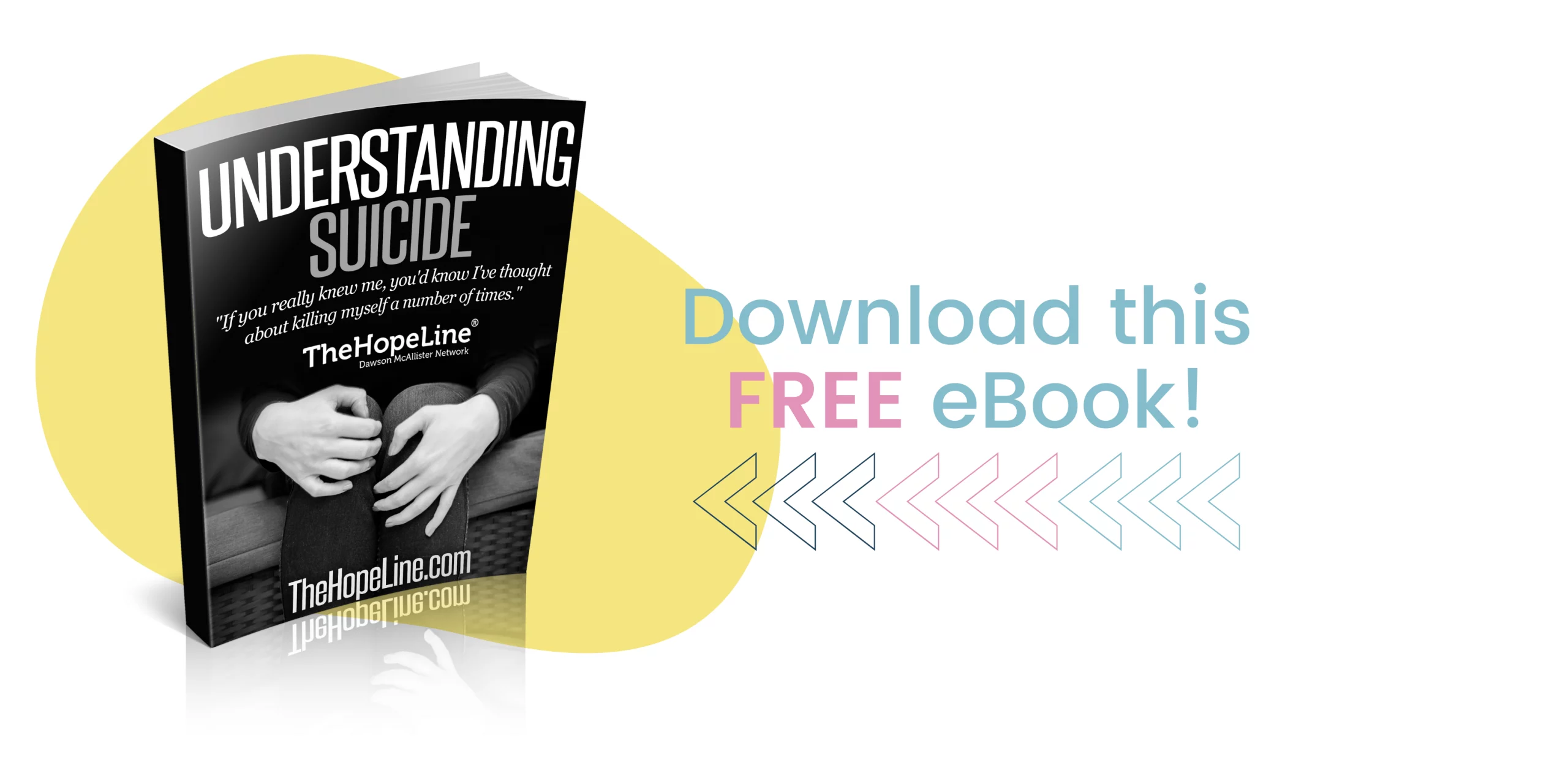There’s nothing scarier than the prospect of having a mental illness. If you suspect that you may be suffering from a mental disorder, I bet you have thousands of questions and even more concerns.
Coping with a mental illness can be terrifying, but you don’t have to do it alone. With God leading the way, and an army of support and love behind you, you can overcome anything.
Do I Really Have a Mental Illness?
Mental illnesses don’t just suddenly appear. Rather, they creep slowly and have several warning signs. Paying attention to these signs can help you detect an issue early enough before it becomes a serious problem.
Changes in your overall mood, appetite, or sleep patterns can be signs of mental illness. Another cause for concern would be a decrease in your performance ability in work or school, as well as decreased ability to focus or think clearly. Also, if you’re noticing feelings of withdrawal and exclusion you could be experiencing the early stages of a mental health disorder.
Don’t get too ahead of yourself, though. Even if several of these signs apply to you, this does not necessarily mean you have a mental illness. Do not diagnose yourself. Instead, meet with your doctor (or other professionals) to discuss the symptoms you are experiencing.
What Do I Do if I Have a Mental Illness?
Getting tested for a mental illness is the most important action you can take. It’s better to deal with facts than speculations. I understand that the anxiety can be unbearable, but if you know God, then you know that He has promised to be with us through anything.
In order to confirm or deny your personal diagnosis your doctor may give you a physical exam to be sure there are no other underlying causes of your symptoms. He or she will then run a few lab tests and screenings to ensure you aren’t under the influence of drugs or alcohol. If none of those tests explain your symptoms, your doctor may order a psychiatric evaluation.
A psych evaluation may consist of a questionnaire that you’ll be asked to fill out. You may also meet with a psychiatrist who will ask you various questions to determine your overall mental health.
Diagnosis
Being told definitively that you do indeed have a mental illness may seem like the end of the world. But believe me: with the right amount of support and love, this can be manageable. God has blessed us all with strength and endurance, and He will strengthen you to use what He has given you. Now is the time to tap into those resources with His help and the help of those around you.
Most often, those diagnosed with a mental illness are prescribed various medications. If you have been, be sure to remain responsible. Refrain from missing a dosage and take them only as prescribed. Praying and conversing with God will also go a long way in coping with a mental illness and provide you with the strength you need. Also, never forget to lean on your friends and family. Dealing with any kind of disorder or illness alone and coming out on top is very difficult. So, gather your support team, learn about your illness, and let them help you remain positive.
Live Your Life
It is very important for you to continue living your life. You are the same person you have always been. A mental illness diagnosis doesn’t have to change that. Let God’s light brighten your future as you battle with your way through this.
Remember to keep your eyes open for future options. As technology advances and we learn more about medicine and the brain, new treatment options may become available. Stay prayerful and know that God has a plan for you.
Joining a community is also a good way to pursue happiness in the future. Finding those with similar circumstances or people who can relate to your struggle can be an uplifting experience. You can become a member of TheHopeLine family and through the love of God and spiritual wellness, we can all help each other thrive. If you find yourself dealing with mental illness, reach out. We’re here for you.
Are you just having a bad week, or is something more going on? Find out what shifts your mental state from “feeling blue” to a depression diagnosis.
If you or a friend need support right now, call the National Suicide Prevention Lifeline at 1-800-273-8255, for free confidential, 24/7 help. Head here for a list of crisis centers around the world. For additional help, please visit the suicide prevention resource page.



